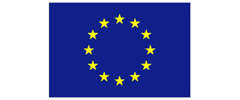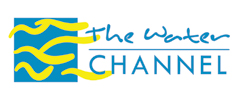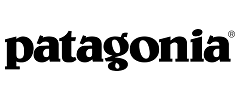Organic waste turned to Black Gold!
WECF trained four Romanian Communities and three partner NGO’s on Composting
14.01.2009 |Olivia Radu and Anna Samwel

From 22 to 28 November WECF trained four Romanian communities and three partner NGO’s on composting in the frame of the Safe Sanitation, Health and Dignity project. The main achievement was to deepen the knowledge of community members about soil fertility and organic matter and provide a solution for superfluous organic matter.
The training started with a focus group discussion on current practices of the farmers and small holders, soil fertility and available organic material. A short theoretical explanation followed about the principles of compositing by powerpoint. A discussion on the perspectives for composting in the community. Most villagers are using more or less matured cow dung to fertilize their soil. This practice can be optimized however. Autumn leaves are usually burned, polluting the air. Or they are carried away by horse wagon, meaning a high workload. The participants of the training reacted very positive mainly because they learned to use autumn leaves as an extra source of compost or ‘Black Gold’.
The second part of the training was setting up a compost heap in practice in one of the yards of a community member, or in one case in the school yard together with the school children. Besides learning practical skills, it provided extra opportunities for discussion and deepening the knowledge. The last example will serve as an education material for the pupils and their parents and as a visible example of solutions for improving their crops but also as alternative for their current practice regarding organic waste.
The participants were enthusiastic about the new skills accomplished during the training and because of the double function of composting: a solution for fertilizing the soil and a solution for the organic waste that it is usually dumped or burned.
The WECF compost training will have a follow up in spring 2009 to assess the first results and set up experimental gardens comparing the effect of compost and urine from ecosan toilets to the usual practices. The training procedure was developed in the frame of a WECF workshop earlier in the year in Georgia together with experts from the network.
Related News
Human Rights: WECF Contributing to the Public Consultation of the Special Rapporteur on the Human Right to Safe Drinking Water and Sanitation
The Special Rapporteur, Catarina de Albuquerque, introduced the new issue “stigmatisation” which is not yet part of the human rights framework, 1 February 2012 in Geneva
02.02.2012 | Anke Stock
Roundtable Dialogue on wastewater solutions for Bulgaria and Romania - Report
New European Member States Romania and Bulgaria address the looming impossibility of achieving their obligations under the EC Urban Waste Water Directive and Water Framework Directive – roundtable in Sofia looks at solutions
24.04.2010 | Sascha Gabizon
First Indoor Urine Diverting Dry School Toilet inaugurated in Romania
This project demonstrates how, without a connection to public facilities, safe, comfortable and hygienic school sanitation can be realised
30.11.2009 | Margriet Samwel
19th of November 2009: World Toilet Day
School Sanitation in the focus of the brown bag lunch organised by GTZ for the world toilet day 2009
18.11.2009 | Claudia Wendland







































